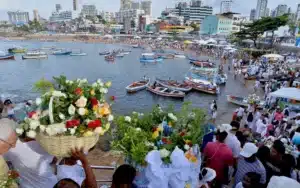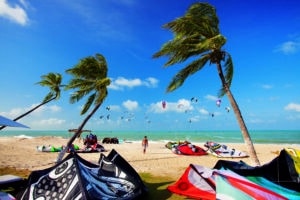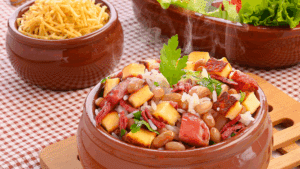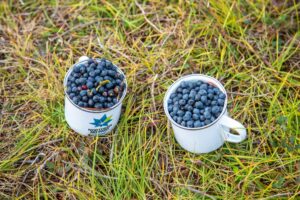Campo Grande is the capital of the state of Mato Grosso do Sul and offers a fascinating blend of nature, the main highlight of the destination, with its well-designed infrastructure that provides various experiences within its urban space for visitors.
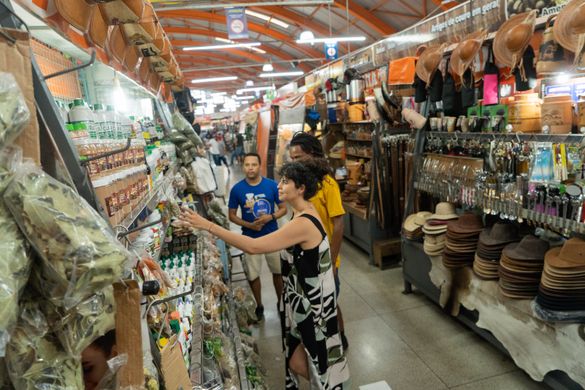
Known as Cidade Morena due to its reddish-brown soil color, Campo Grande has a population of over 885,000 inhabitants and is considered the gateway and starting point for travelers to all other destinations and tourist routes in the state.
Located along the Rota Caminho dos Ipês, Campo Grande features wide streets and is one of the most tree-covered capitals in the country. This rich vegetation supports diverse wildlife, with residents often encountering various species such as macaws, toucans, and capybaras in local parks.
Speaking of parks, Campo Grande boasts several urban parks that tell much about its history. The Parque das Nações Indígenas is among the largest urban parks in the world, spanning an impressive 119 hectares. It offers trails, extreme sports tracks, and houses three important museums: the Museum of Contemporary Art, the Museum of the Indian, and the Natural History Museum.
Within the Parque das Nações Indígenas is the Museu das Culturas Dom Bosco, which provides an immersive experience into the local culture with its collection of indigenous artifacts from the state’s native peoples.
Also in the park is the world’s largest freshwater aquarium. The Bioparque Pantanal spans 19,000 square meters, with around 32 tanks housing more than 230 fish species, over 80% of which come from the Pantanal. The aquarium also features species from other continents to showcase different ecosystems.
Another significant park in Campo Grande is the Parque dos Poderes. Established in 1982 as the administrative center for the Executive, Legislative, and Judiciary branches of the state, it has recently been revitalized with new bike paths and outdoor gyms for public use, as well as walking and running tracks. The Parque dos Poderes exemplifies the blend of lush, protected nature with the routines and activities of urban life.
The city also incorporates nature into its urban spaces through its squares, such as Praça das Araras and Praça Pantaneira. Both squares feature animal sculptures that attract attention for photos and local curiosities, making them popular spots for families with young children.
Campo Grande is rich in cultural heritage, with a mix of cultures and history offering various activities that reflect this development. The Morada dos Baís is a historic site, one of the first masonry buildings erected between 1913 and 1918. It served as the residence of Bernardo Franco Baís, Campo Grande’s first elected mayor. Today, the heritage-listed building functions as a cultural and gastronomic space with live music, local cuisine, and cultural events like workshops and art exhibitions.
Another cultural highlight is the MARCO (Museum of Contemporary Art), covering about 4,000 square meters and showcasing works from the State Pinacoteca and local donations. With over 900 artworks on display, MARCO also features an education area where lectures and workshops on visual arts are held.
On the cultural front, Campo Grande’s Mercadão Municipal offers a variety of local ingredients, including herbs, fruits, meats, and fish, as well as spices, bulk products, and supplies for equestrian and agricultural activities.
An important economic hub both locally and nationally, Campo Grande provides numerous experiences for various audiences, appealing to all ages and interests. In addition to ecotourism and rural tourism, the city is also an excellent host for events and business meetings.
Campo Grande hosts numerous fairs, events, and agricultural exhibitions, becoming a key location for agribusiness fairs and related conferences in Brazil.
For more information about Mato Grosso do Sul and its main activities and attractions, visit: https://en.visitms.com.br/ecotourism-ms/


